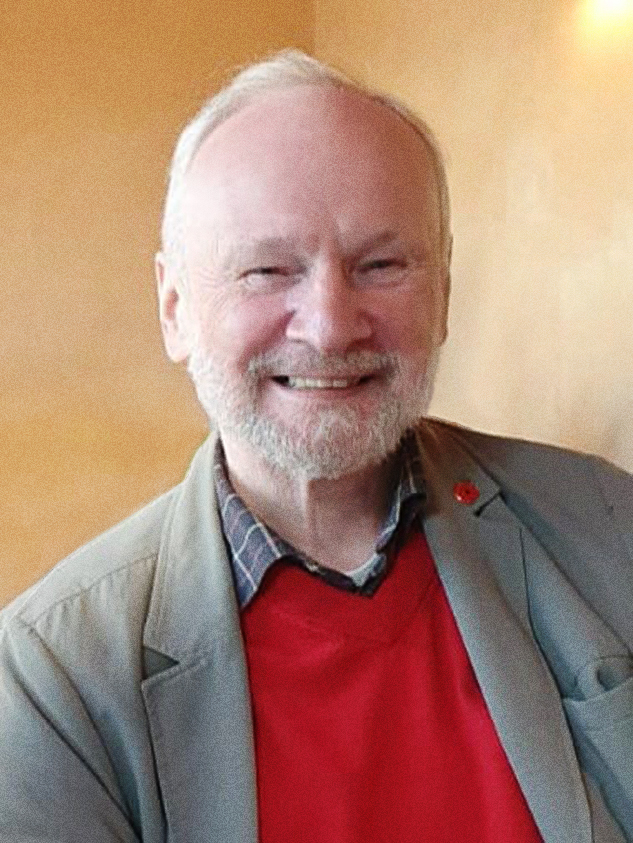“The Mustard Seed” recounts a lost transformation: how the pagan and fragmented Anglo Saxon tribes became the Christian and unified English nation. The consequences have spread worldwide and descend to this day.
The story mainly covers the period 597 to 689. This episode is little known, and by few. It deserves to be well known, and by many.
Many remarkable people were at work.
Yet we seem to have mislaid them.
They lived in a time of wonders and spiritual dynamism.
We appear to have mislaid that too.
Therefore, in “The Mustard Seed”, I recover the dynamism for you; and the wonders; and the lost heroes and heroines.
Here are just a few of the recovered people in “The Mustard Seed”:
- Saint King Oswald of Northumbria – an all-time great heroic figure of early Anglo Saxon history. He was more like King Arthur than King Arthur. But he was for real, not for legend. His legacy is with us from year 635 down to this day in the UK royal family.
- Saint Martin of Tours – an all-time great figure of Christian history. Martin was the lost bridge between the Early Church and the spirituality of that as it descended into the West. It is slightly known that the great Celtic Saints descended from Martin. It is not recognised at all that the founding spiritual rootstock of the English speaking world, even to this day, descends from him too. The Protestant Reformation, for example, did not invent a new spiritual root. It recovered the ancient Martinian one.
- Archbishop Theodore of Canterbury – First Architect of what became Christian England. Dying in 689, Theodore shaped the English in ways that descended pretty much down to the Great War, 1914-18.
- Overlooked descendants of King Alfred the Great who, between 878 and 927, made all the difference to shaping the world that descended: Aethelflaed, Lady of the Mercians; and Athelstan, first King of the English.
I recover many more than these too. Lost Queens who made a history-changing difference. Lost Kings who made nation-shaping contributions. Lost clerics who, time after time, were right-person-right-place-right-time to bring light into times of darkness. And here is how “The Mustard Seed” is different to many books:
- Celtic Saints feature in the book, but not in the way of many Christian devotional books about them. In those, the emphasis tends to be on their set apart spiritual example. However, in “The Mustard Seed” you encounter these great Saints in their nation-shaping context.
- King Penda of Mercia is the central figure in many appraisals of early Anglo Saxon history. His story supports the conventional approach that the earliest history was mainly about violence and the sword. In “The Mustard Seed”, however, although you will encounter King Penda, you will also uncover the seven-fold reply of the Christian God to him. It will take your breath away – well, so I think.
- You will discover above all that the making of the English out of the Anglo Saxons was not the conventional tale of violence and sword. It was a process of unifying their world, out of reason and freedom, upon a dynamic Christian rootstock: seeded by St Martin of Tours, planted by Saint King Oswald, cultivated by Archbishop Theodore, rescued by Alfred the Great and Family.
As you read “The Mustard Seed”, and recover heroic figures who have been lost, I sincerely hope that you will conclude that they have been worth recovering – and celebrating too.
